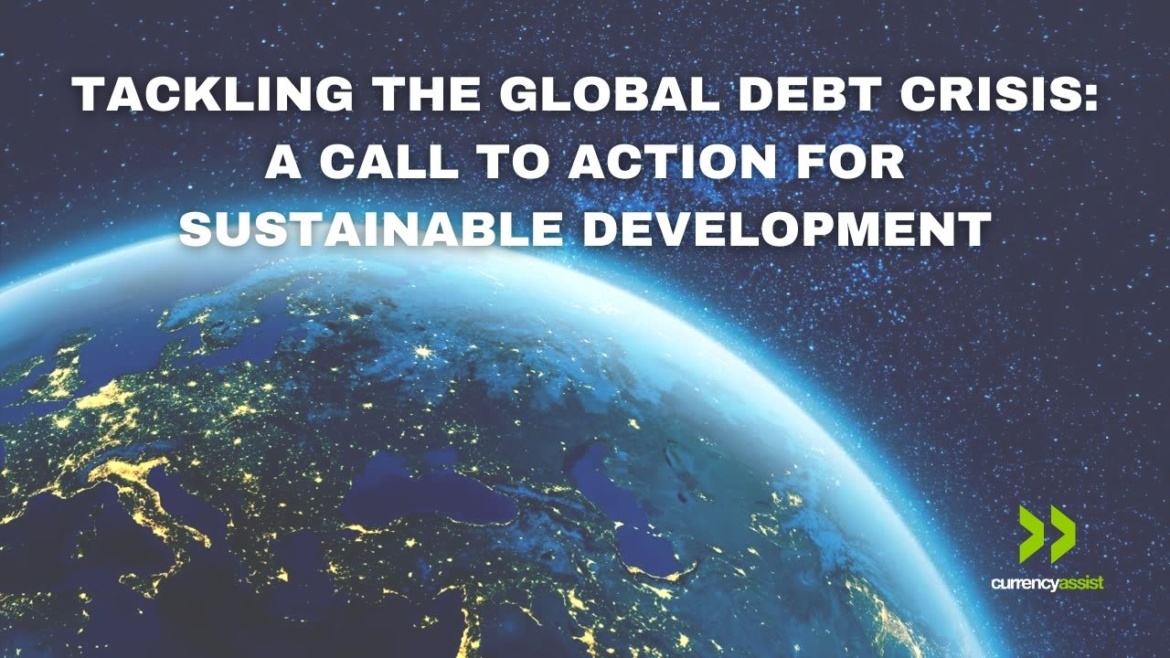In recent years, the issue of global debt has become increasingly urgent, drawing the attention of leaders and policymakers worldwide. The United Nations (UN), alongside various international bodies, has sounded the alarm, urging for comprehensive reforms to address the looming debt crisis, particularly in developing countries. Let’s delve into the key points raised and the proposed solutions to this pressing issue.
The numbers paint a stark picture: global public debt soared to a staggering $313 trillion in 2023, with developing economies bearing a disproportionate burden. Shockingly, over a fifth of tax revenue in 25 developing nations is funnelled towards servicing external debt, leaving little room for crucial investments in healthcare and education. As a result, around 3.3 billion people, roughly 40% of the global population, end up allocating more funds to interest payments than to essential social programs.
At the forefront of the campaign for change are UN leaders, who have emphasised the need for wholesale reform of the global financial architecture, particularly in how debt is approached. Secretary-General António Guterres has been vocal in advocating for a lifeline to rescue developing countries from the “quicksand of debt.” He stresses the urgency of scaling up affordable financing, primarily through Multilateral Development Banks (MDBs), to meet the Sustainable Development Goals (SDGs) by securing $500 billion annually in extra financing.
Addressing the debt crisis requires multifaceted solutions. Here are some key proposals put forward by UN leaders and experts:
- Enhanced Debt Transparency: Greater transparency in debt terms and conditions is crucial to ensure fairness and accountability in the global financial system. This includes disclosing financing terms and reducing information asymmetry between borrowers and lenders.
- Increased Representation: Developing countries must have a seat at the table in decision-making processes concerning global financial matters. This entails boosting their representation across international financial institutions to ensure their voices are heard and their needs are met.
- Innovative Financing Mechanisms: Exploring innovative financing instruments, such as hybrid capital bonds, can expand lending capacity and attract more private capital to development projects. Additionally, exploring debt pauses and debt restructuring options for vulnerable countries can provide much-needed relief.
- Global Cooperation: Coordinated international action is imperative to address the debt crisis effectively. This involves collaboration among governments, international organisations, civil society, and the private sector to mobilise resources and support debt sustainability efforts.
As the world grapples with the intertwined challenges of debt, climate change, and poverty, the need for decisive action has never been greater. Leaders and stakeholders must come together to enact meaningful reforms that prioritise sustainable development and ensure a more equitable global financial system. By heeding the call for reform and implementing innovative solutions, we can pave the way for a brighter, more inclusive future for all.

